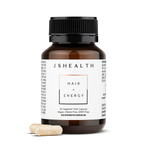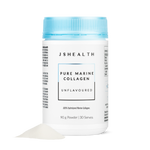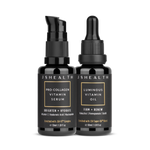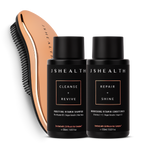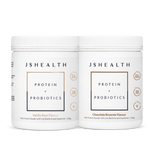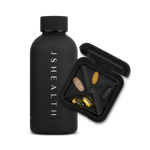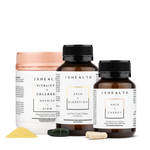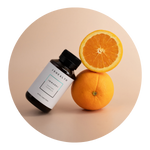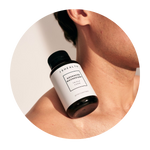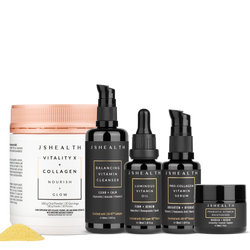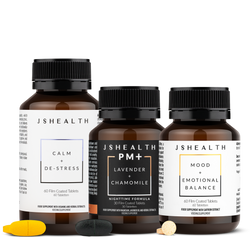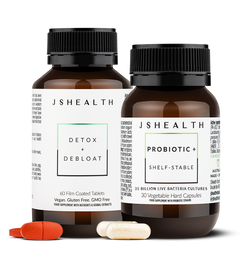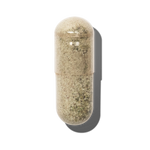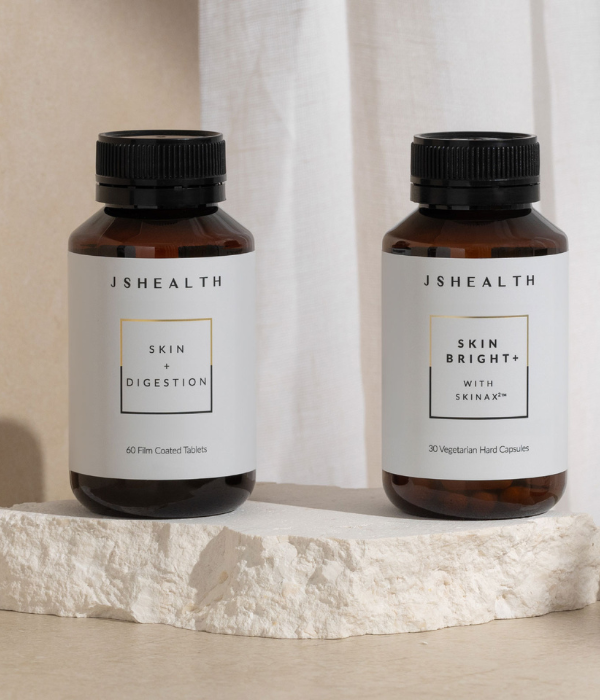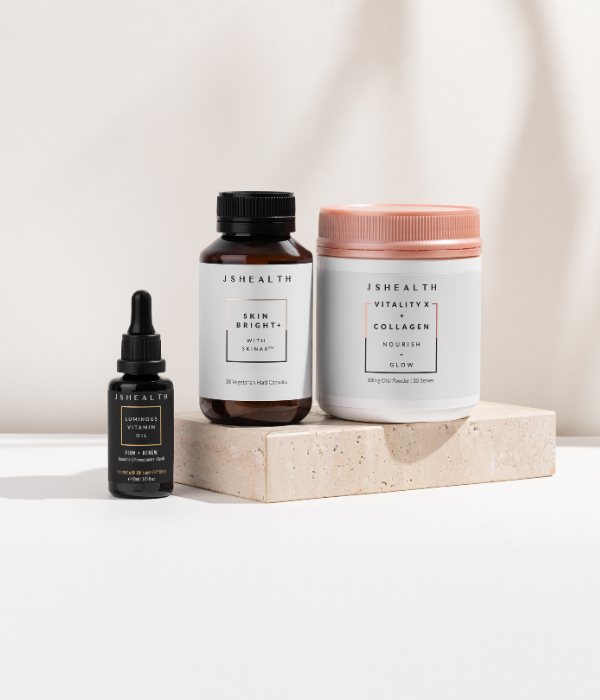3 Important Nutrients for Healthy Joints
It can be easy to take our joint health for granted in our youthful years. However, as we get older, many of us become more aware of how valuable our mobility is. Our hard-working joints provide us with movement and stability. To keep them healthy and well functioning, it’s essential to care for them.
Osteoarthritis can result in reduced function of synovial joints (joints that move against each other, such as those in the elbow, shoulder, hip) with the loss and erosion of cartilage. It occurs when the normal state of balance between the breakdown and repair of joint tissues become unbalanced. This may lead to pain and disability.
For optimal joint health, these are some of our top nutrients to focus on!
Magnesium+
Did you know that magnesium levels naturally decline as we age? There has been a growing amount of clinical studies that have pointed to a relationship between magnesium and osteoarthritis.
Magnesium also acts as a natural calcium channel blocker and therefore plays a role in activities that are controlled by calcium levels such as muscle contraction and the release of insulin. Magnesium has the responsibility of a pain mediator and has been shown to alter levels of inflammation in the body.
Fish Oil+
Supplementing with EPA and DHA fatty acids contained in Fish Oil has been shown to be an effective treatment for patients in promoting and maintaining joint health. They can be helpful in preventing inflammatory joint pain, which can be linked to mechanical stress, overuse of the joint and joint wear. The JSHealth Fish Oil+ is triple strength and relieves mild joint pain, stiffness and soreness. Plus, it has a light vanilla coating so that there’s no fishy aftertaste!
Protein + Probiotics
Adequate consumption of dietary protein is critical for maintaining optimal health during normal growth and ageing. A dietary intervention such as dietary protein or protein supplementation has been incorporated into the multidisciplinary approach and management for osteoarthritis. Studies have shown that 30.3%–65.1% of older adults with knee or hip osteoarthritis consumed a daily protein intake lower than the recommended daily intake of 0.8 g/kg/day. Make sure you’re getting enough complete protein from quality sources. Add a serving of Protein + Probiotics to your smoothie or simply combine with water or milk of choice to create a shake for an extra dose of amino acids in your day.
Reference:
Shmagel A, Onizuka N, Langsetmo L, Vo T, Foley R, Ensrud K, Valen P. Low magnesium intake is associated with increased knee pain in subjects with radiographic knee osteoarthritis: data from the Osteoarthritis Initiative. Osteoarthritis Cartilage. 2018 May;26(5):651-658. doi: 10.1016/j.joca.2018.02.002. Epub 2018 Feb 15. PMID: 29454594.
Gammone MA, Riccioni G, Parrinello G, D'Orazio N. Omega-3 Polyunsaturated Fatty Acids: Benefits and Endpoints in Sport. Nutrients. 2018;11(1):46. Published 2018 Dec 2710.3390/nu11010046.
Liao CD, Wu YT, Tsauo JY, et al. Effects of Protein Supplementation Combined with Exercise Training on Muscle Mass and Function in Older Adults with Lower-Extremity Osteoarthritis: A Systematic Review and Meta-Analysis of Randomized Trials. Nutrients. 2020;12(8):2422. Published 2020 Aug 12.
Hunter DJ, Eckstein F. Exercise and osteoarthritis. J Anat. 2009;214(2):197-207.
